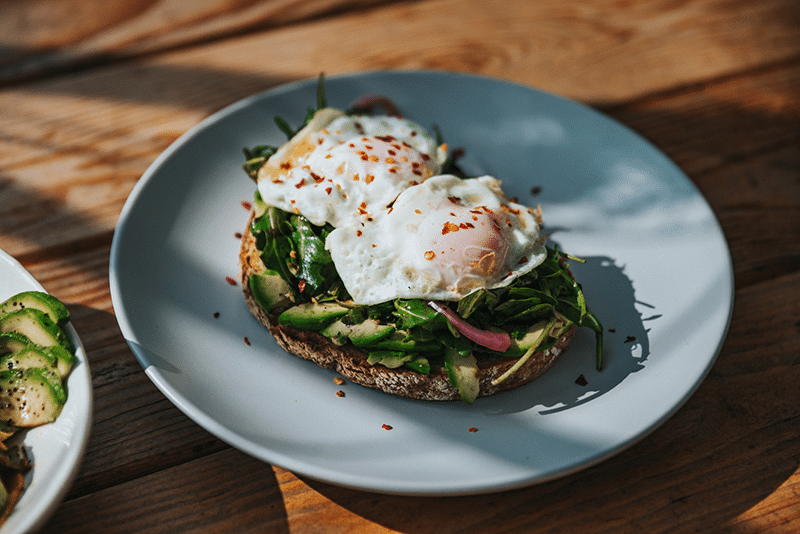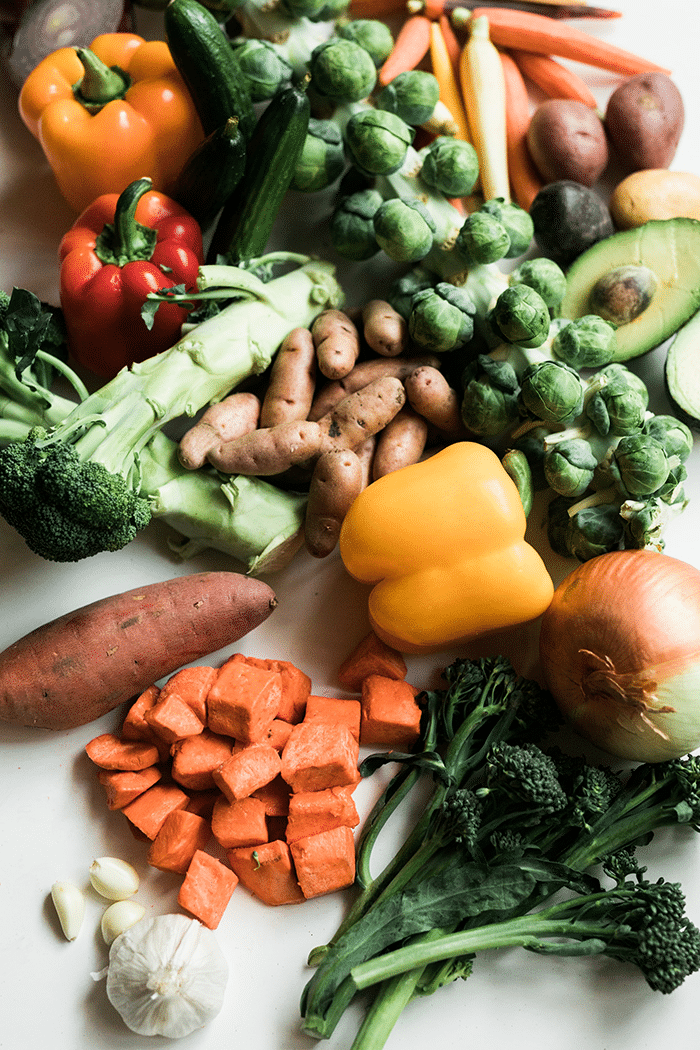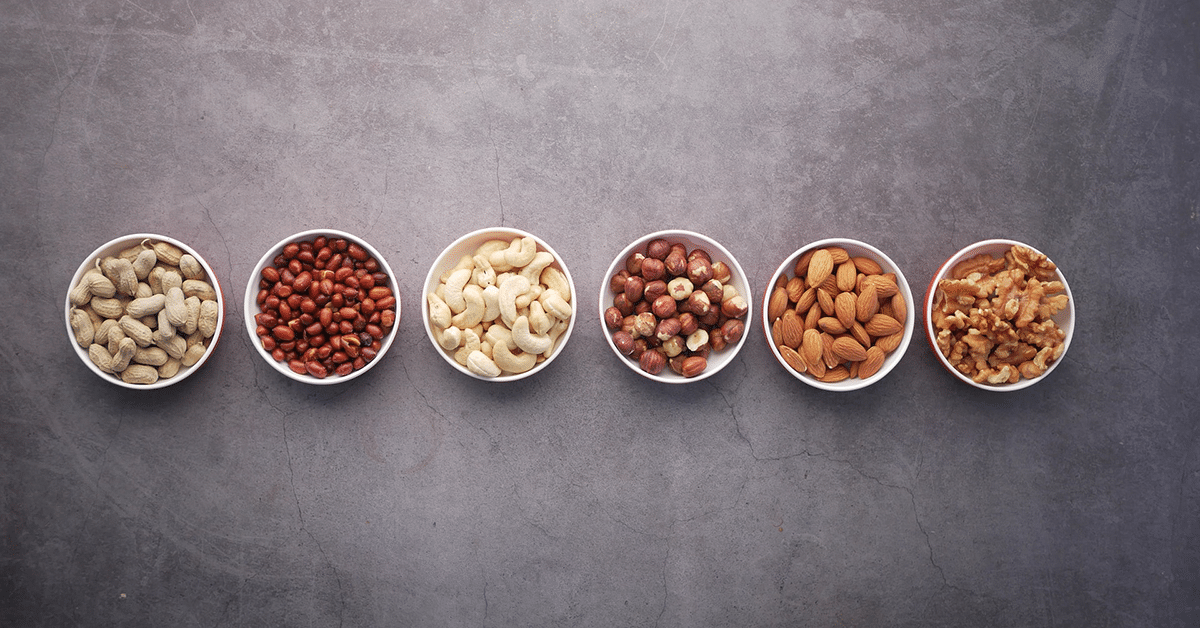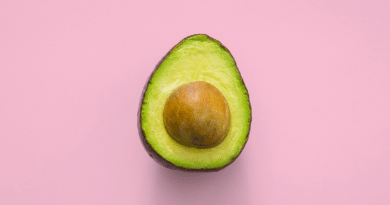How to Lower Your Cholesterol Levels
This article is designed to equip you with a selection of tips to help establish and maintain healthy cholesterol levels.
What is Cholesterol?
Cholesterol is a type of fat that is found in your blood and in the cells of your body. It is an essential substance for the body, as it helps to build and maintain cell membranes and is used to make hormones and other important compounds.

Cholesterol is produced by the liver and can also be obtained from certain foods, such as animal products like meat, eggs, and dairy. There are two main types of cholesterol: low-density lipoprotein (LDL) cholesterol, often referred to as “bad” cholesterol, and high-density lipoprotein (HDL) cholesterol, often referred to as “good” cholesterol.
Too much LDL cholesterol in your blood can increase your risk of developing heart disease and other health problems, while HDL cholesterol helps to remove excess cholesterol from your bloodstream and can lower your risk of heart disease. It’s important to maintain a healthy balance of both types of cholesterol for optimal health.
- What is Cholesterol?
- What are Normal Cholesterol Levels?
- What Problems Do High Cholesterol Levels Cause?
- What Foods and Drinks are High in Cholesterol?
- What Foods Help to Reduce Cholesterol Levels?
- Can Exercise Help to Reduce Cholesterol Levels?
- How Do I Check if I Have High Cholesterol Levels?
- Does High Cholesterol Make You Tired?
- Can Stress Cause High Cholesterol?
- Learn More
What are Normal Cholesterol Levels?
Normal levels can vary depending on various factors such as age, sex, and overall health. Generally, a total cholesterol level of less than 200 milligrams per deciliter (mg/dL) is considered desirable for most adults.
However, the breakdown of the different types of cholesterol is also important. A desirable LDL level is usually less than 100 mg/dL, while a desirable HDL cholesterol level is generally greater than 60 mg/dL.

It’s also important to note that levels can be influenced by other factors, such as diet, exercise, and genetics.
If you have concerns about your levels, it’s recommended to speak with your healthcare provider to determine the best course of action.
What Problems Do High Cholesterol Levels Cause?
High cholesterol levels can contribute to the development of several health problems, including:
Cardiovascular disease: High levels of LDL cholesterol can cause plaque buildup in the arteries, increasing the risk of heart disease, heart attack, and stroke.
Peripheral artery disease (PAD): Plaque buildup can also occur in the arteries of the legs, causing pain and cramping during physical activity.
Atherosclerosis: This is a condition where cholesterol and other substances accumulate on the walls of arteries, narrowing them and restricting blood flow.
Gallstones: High levels can also contribute to the formation of gallstones, which can cause pain and digestive issues.
Pancreatitis: In rare cases, high levels of triglycerides (another type of fat in the blood) can lead to inflammation of the pancreas.

It’s important to keep levels in check and maintain a healthy lifestyle to reduce the risk of these and other health problems. This may involve making dietary changes, increasing physical activity, and taking medication if necessary.
What Foods and Drinks are High in Cholesterol?
Foods that are high in saturated and trans fats can raise your LDL cholesterol levels. Here are some examples:
- Red meat: Beef, pork, and lamb are high in saturated fat and can raise your cholesterol levels.
- Butter and cheese: These dairy products are high in saturated fat and cholesterol.
- Fried and processed foods: These often contain trans fats, which are particularly harmful to cholesterol levels.
- Fast food: Burgers, fries, and other fast food items can be high in both saturated and trans fats.
- Baked goods: Baked goods like cakes, cookies, and pastries are often high in trans fats.
- Egg yolks: Egg yolks are high in cholesterol, although the impact on cholesterol levels may be small for most people.
In terms of drinks, alcohol can raise your triglyceride levels, which can contribute to high cholesterol levels. It’s important to drink alcohol in moderation and talk to your healthcare provider about any concerns you may have.
It’s important to note that not all fats are bad for levels. In fact, some fats, such as those found in nuts, seeds, and fatty fish, can have a positive impact on cholesterol levels. Eating a balanced diet that includes a variety of healthy fats, whole grains, fruits, and vegetables can help maintain healthy cholesterol levels.
What Foods Help to Reduce Cholesterol Levels?
A healthy diet rich in fibre, healthy fats, and whole foods can help lower cholesterol levels. Here are some examples of foods that may help:
Oats: Oats are rich in soluble fibre, which can help reduce LDL cholesterol levels.
Nuts: Nuts, such as almonds, walnuts, and pistachios, are high in healthy fats and can help reduce LDL cholesterol levels.
Fatty fish: Fatty fish, such as salmon, mackerel, and tuna, are rich in omega-3 fatty acids, which can help reduce triglyceride levels.
Fruits and vegetables: Fruits and vegetables are rich in fibre and antioxidants, which can help lower cholesterol levels and reduce the risk of heart disease.

Whole grains: Whole grains, such as brown rice, quinoa, and whole wheat bread, are high in fibre and can help lower cholesterol levels.
Legumes: Legumes, such as beans, lentils, and chickpeas, are high in fibre and can help lower LDL cholesterol levels.
Plant sterols and stanols: These are compounds found in certain foods, such as fortified margarine and orange juice, that can help lower LDL cholesterol levels.
It’s important to note that a healthy diet is just one part of maintaining healthy cholesterol levels. It’s also important to maintain a healthy weight, engage in regular physical activity, and avoid smoking. If you have concerns about your cholesterol levels, it’s recommended to speak with your healthcare provider.
Can Exercise Help to Reduce Cholesterol Levels?
Yes, exercise can help to reduce levels. Regular physical activity can help to lower LDL (bad) cholesterol levels and increase HDL (good) cholesterol levels. This can help to reduce the risk of heart disease and other health problems.
Exercise can also help to improve overall cardiovascular health by strengthening the heart and improving circulation. This can further reduce the risk of heart disease and related complications.
The American Heart Association recommends at least 150 minutes of moderate-intensity aerobic activity or 75 minutes of vigorous-intensity aerobic activity per week, along with muscle-strengthening activities at least two days per week. However, any amount of physical activity is better than none, so even small amounts of exercise can have health benefits.

It’s important to speak with your healthcare provider before starting a new exercise routine, especially if you have any underlying health conditions or concerns. They can help you determine the best type and amount of exercise for your individual needs.
How Do I Check if I Have High Cholesterol Levels?
The only way to know for sure if you have high levels is to get a blood test. A blood test, also called a lipid panel or lipid profile, is a simple blood test that measures your total cholesterol, LDL (bad) cholesterol, HDL (good) cholesterol, and triglycerides (another type of fat in the blood).
In general, it’s recommended that adults over the age of 20 get a cholesterol blood test at least once every five years. However, your healthcare provider may recommend more frequent testing if you have certain risk factors for high levels, such as a family history of heart disease or high cholesterol, being overweight or obese, or having other medical conditions like diabetes.
The test is usually done after fasting for 9-12 hours, which means you should avoid eating or drinking anything (other than water) before the test. Your healthcare provider can provide more specific instructions based on your individual needs.
If you have concerns about your levels, it’s recommended to speak with your healthcare provider. They can help you interpret your test results and develop a plan to manage your levels if necessary.
Does High Cholesterol Make You Tired?
High cholesterol itself typically does not cause fatigue or tiredness. However, high levels can contribute to other health problems that can cause fatigue, such as heart disease, diabetes, and obesity.
If high levels are left untreated, it can contribute to the build up of plaque in the arteries, which can restrict blood flow to the heart and other organs. This can lead to heart disease, angina (chest pain), and other complications that can cause fatigue and tiredness.
In addition, if high cholesterol is caused by an underlying medical condition such as hypothyroidism, the condition itself can cause fatigue and tiredness.
If you are experiencing fatigue or tiredness, it’s important to speak with your healthcare provider to determine the underlying cause and develop a plan to manage your symptoms.

This may involve lifestyle changes, such as diet and exercise, or medical treatment, depending on the underlying cause of your fatigue.
Can Stress Cause High Cholesterol?
Yes, stress can contribute to high cholesterol levels. When a person is under stress, their body produces hormones such as cortisol and adrenaline, which can cause an increase in triglycerides and LDL (bad) levels. These hormones can also lead to other unhealthy behaviors, such as overeating, smoking, and physical inactivity, which can further increase levels.
In addition, stress can contribute to other risk factors for high levels, such as high blood pressure, obesity, and insulin resistance.
Managing stress through techniques such as exercise, meditation, deep breathing, and counseling can help to lower levels and reduce the risk of heart disease.
If you are experiencing stress and have concerns about your levels, it’s important to speak with your healthcare provider to develop a plan to manage your stress and maintain healthy cholesterol levels.




